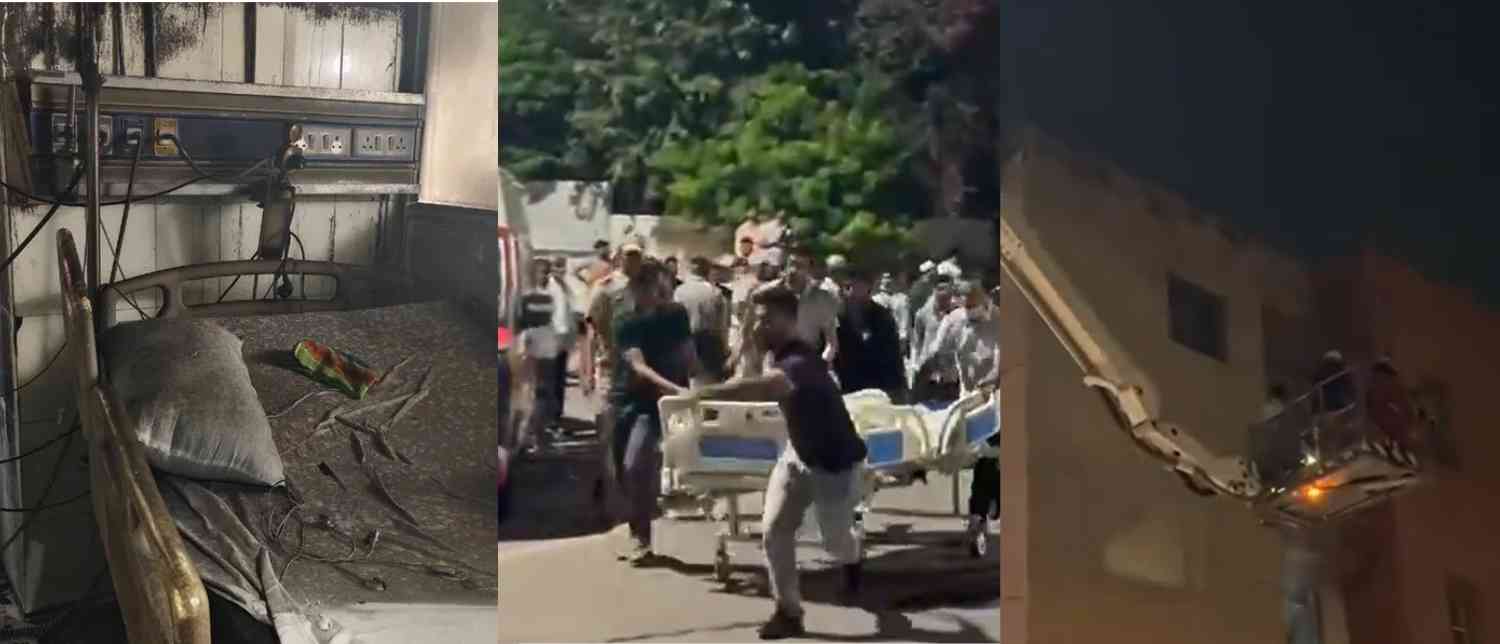A city hospital has been left in ruins after an inferno killed eight individuals and injured many others, leading to widespread anger and questions over safety shortcomings and culpability within hospitals. The fire, which ravaged the multi-story building late on Sunday evening, has caused widespread outrage following allegations by relatives of in-patients that the hospital administration had ignored repeated warning of faulty wiring and overloaded gear.
The Tragic Night
The fire broke out at about 11:40 p.m. at Sanjeevani Hospital, which is in the crowded Shastri Nagar area of Jaipur. Eyewitnesses said that thick smoke started emanating from the second floor, where the intensive care unit (ICU) and the neonatal ward are situated. In a matter of minutes, the blaze engulfed the building, trapping patients, nurses, and attendants within.
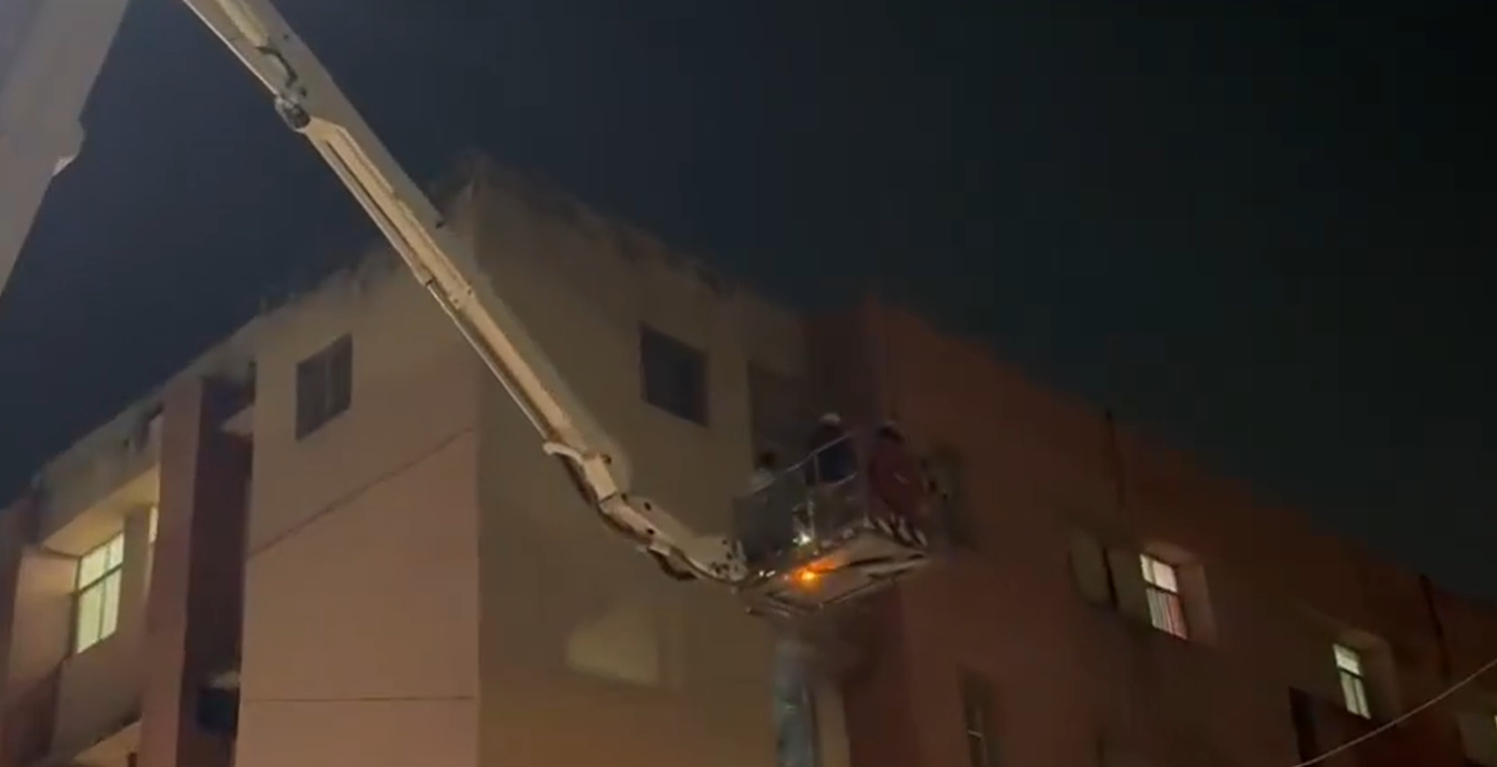
Firemen hasted to the location, but the hospital was located in a small lane, which rendered it impossible for fire trucks to reach the point of calamity within a short time. It took over three hours and more than a dozen fire trucks to put out the fire. Police attested that eight individuals, two of whom were new-born babies, perished, while 12 others were injured as a result of suffocation and burns.
Families Allege Negligence
When the fire died down, anger replaced sorrow. Relatives standing outside asserted that they had informed hospital staff regarding electrical sparks, dimmed light, and the odor of burnt wires several days prior to the accident. One of the relatives said the staff dismissed their warnings, assuring them there was "nothing to worry about."
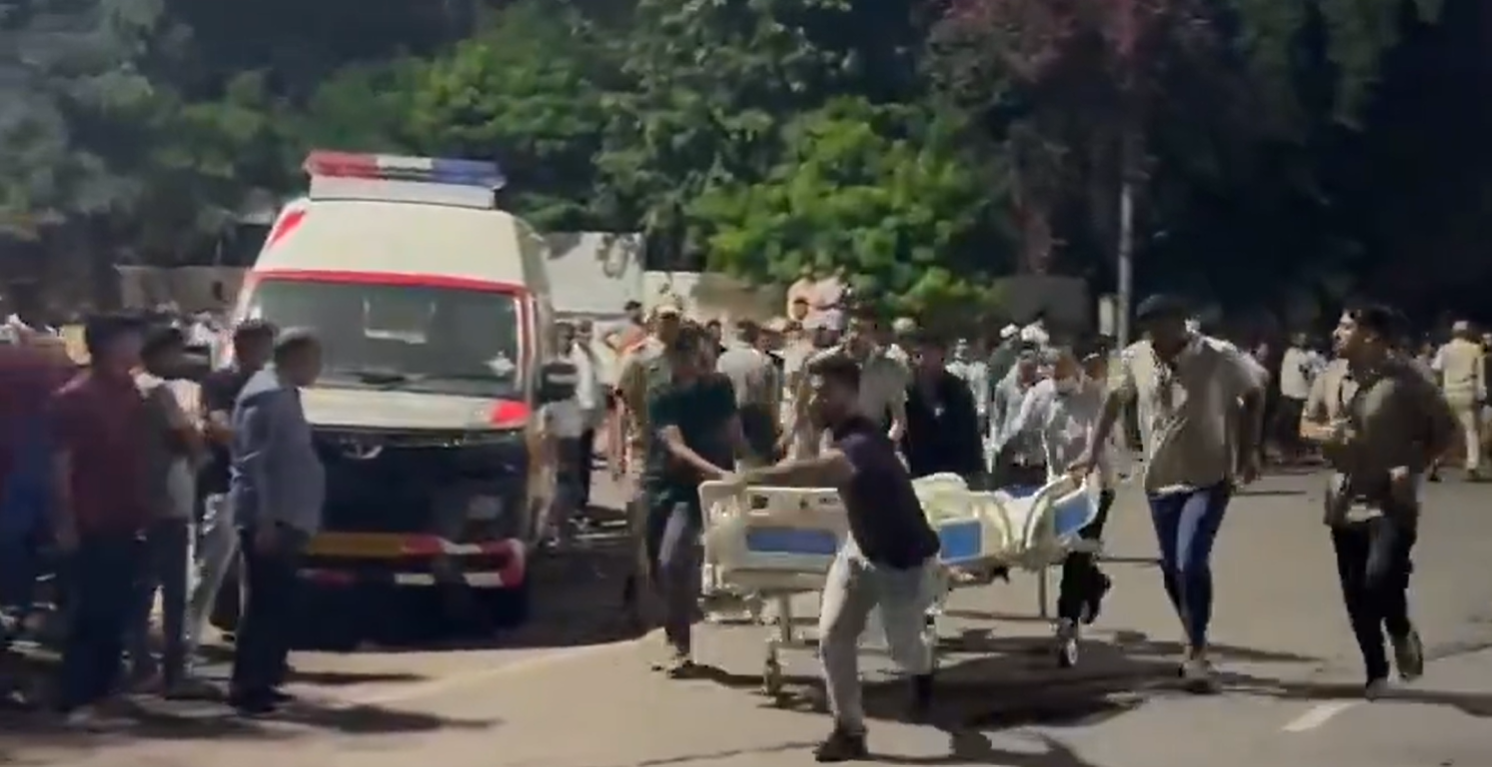
The families of patients also blamed the hospital for not keeping the fire exits and alarm systems in good condition. Some even claimed that oxygen cylinders placed close to electrical panels could have caused the explosion that led to the blaze. Officials have yet to verify this, although initial reports indicated that the fire probably began from a short circuit in the equipment area of the ICU.
Official Response
Chief Minister Bhajan Lal Sharma went to the spot early on Monday morning and offered his condolences to the bereaved families. He has directed a high-level inquiry into the tragedy and announced a compensation of ₹5 lakh to each of the families who lost their loved ones, and ₹50,000 to those who were injured.
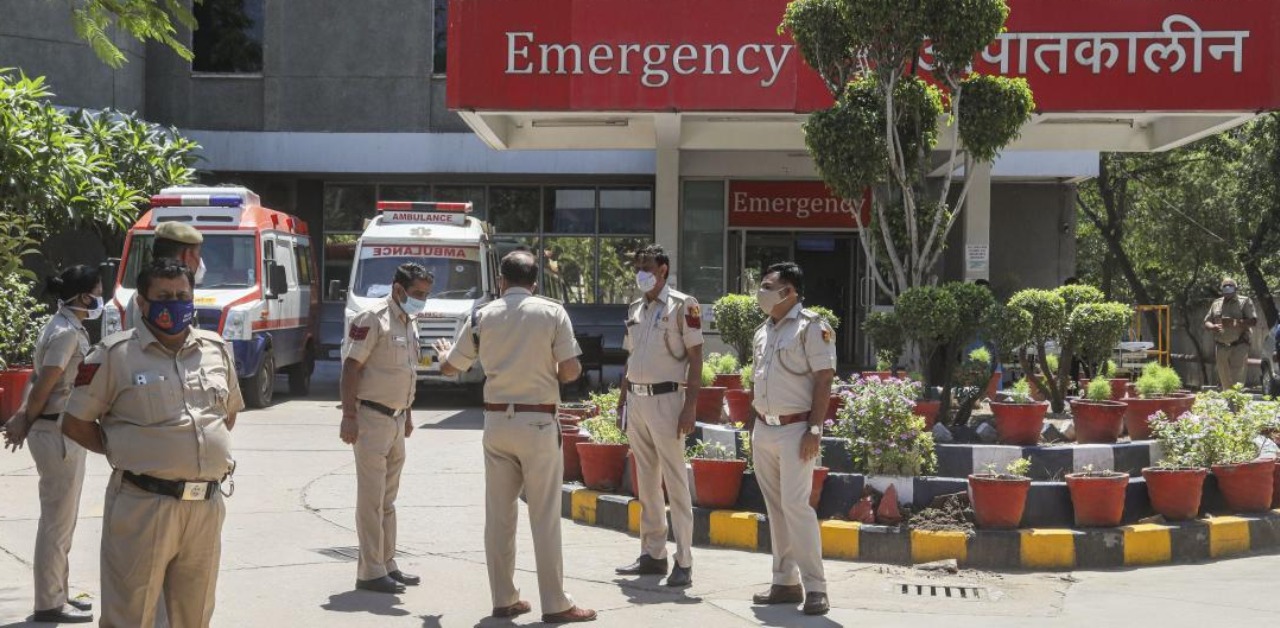
Jaipur Police have filed a case against the hospital management for negligence. A special team of the fire department and electrical safety board has launched an investigation to find out the actual reason for the fire. Authorities say they will check if the hospital had gone against fire safety norms or had functioned without valid compliance certificates.
Safety Norms Under the Scanner
The tragedy exposed again India's weak hospital safety system. Experts say most small- and mid-sized hospitals either omit regular fire drills or use below-par wiring and equipment. The fire services department in Rajasthan says that more than 60 percent of private hospitals in Jaipur either lack or have incomplete fire safety certificates.
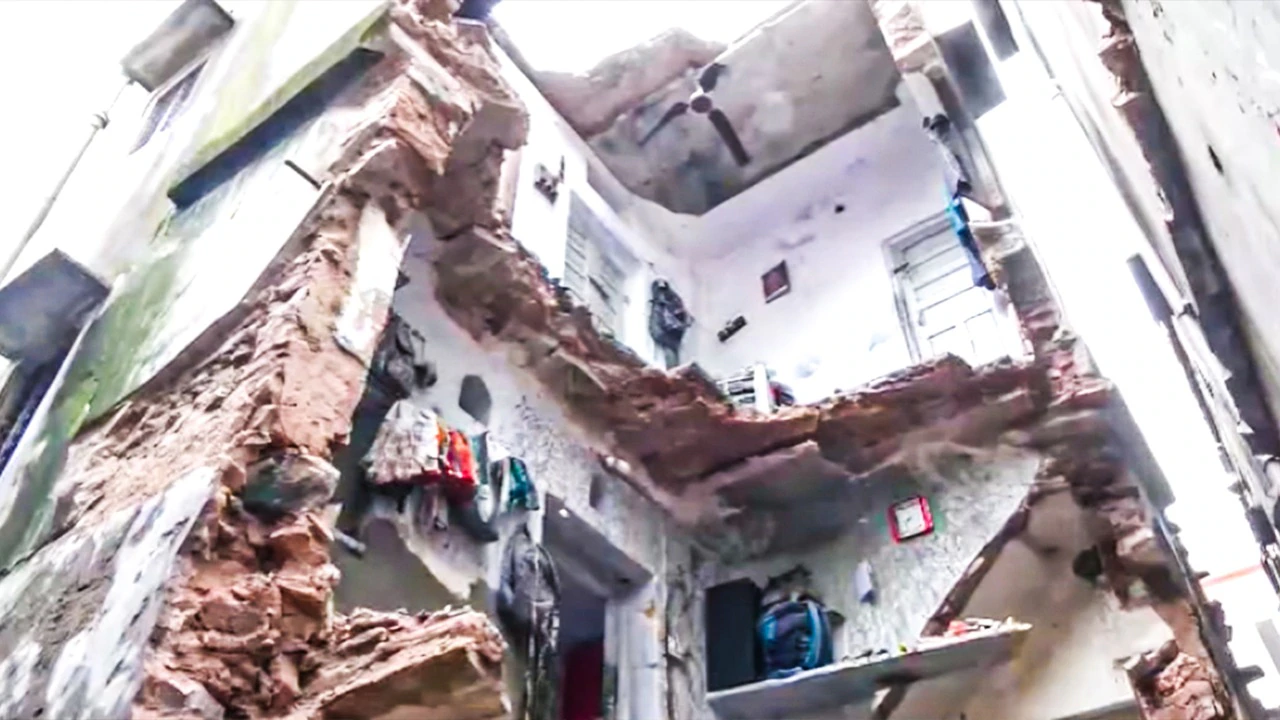
Routine checks typically uncover missing fire extinguishers, padlocked exits, and broken alarms — simple safeguards that can save lives in times of crisis. Enforced only after repeated warnings, this is especially true for private healthcare institutions that still operate unchecked because of lack of monitoring as well as political patronage.
Human Cost Beyond the Numbers
Aside from the numbers, the psychological impact on patients' families has been staggering. Families sat outside the burned-down building, clutching pictures of their loved ones, their faces etched with shock. For most, the hospital was to be a sanctuary for healing and safety, not for tragedy.
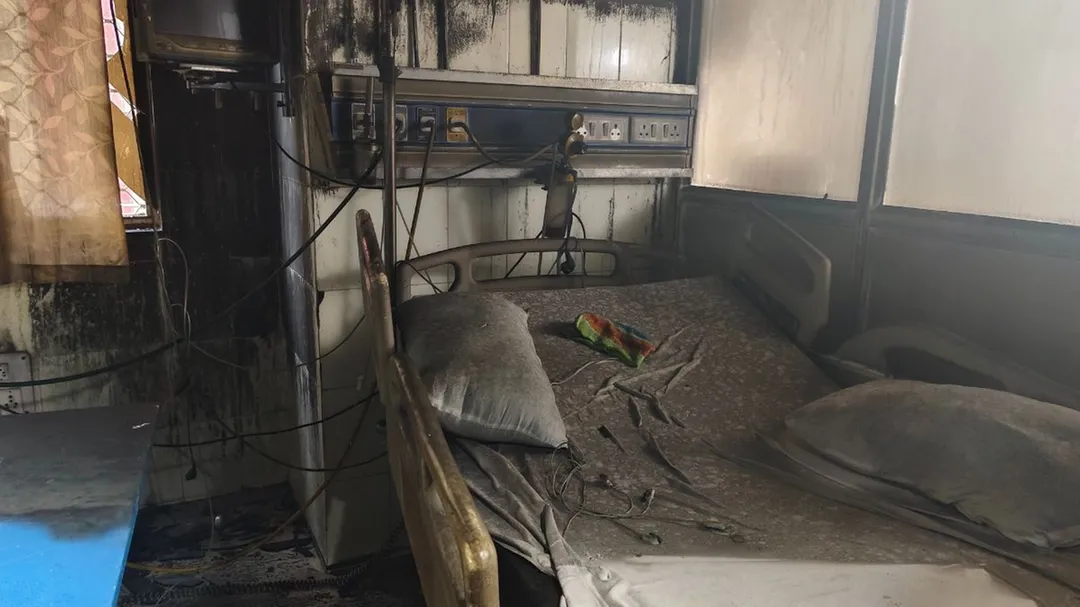
Healthcare workers, too, have expressed grief and frustration. A nurse who narrowly escaped the fire told reporters that staff were not trained to handle emergencies. “We had no evacuation plan. Everyone panicked. It was chaos,” she said.
A Wake-Up Call for Accountability
The fire in the Jaipur hospital is not an exception to the rule. Other such accidents have occurred in Delhi, Mumbai, and Ahmedabad, killing dozens of patients over the course of a decade, usually because of avoidable failures like substandard wiring, old licenses, and absence of audits. Each tragedy leads to public outrage and government probes, but substantive change is seldom the outcome.
Experts claim that the true test will not be in making announcements of inquiries or compensation but in putting in place rigorously enforced safety standards for all hospitals — government or private. Fire safety must not be addressed as a bureaucratic nicety but as an indispensable aspect of caring for patients.
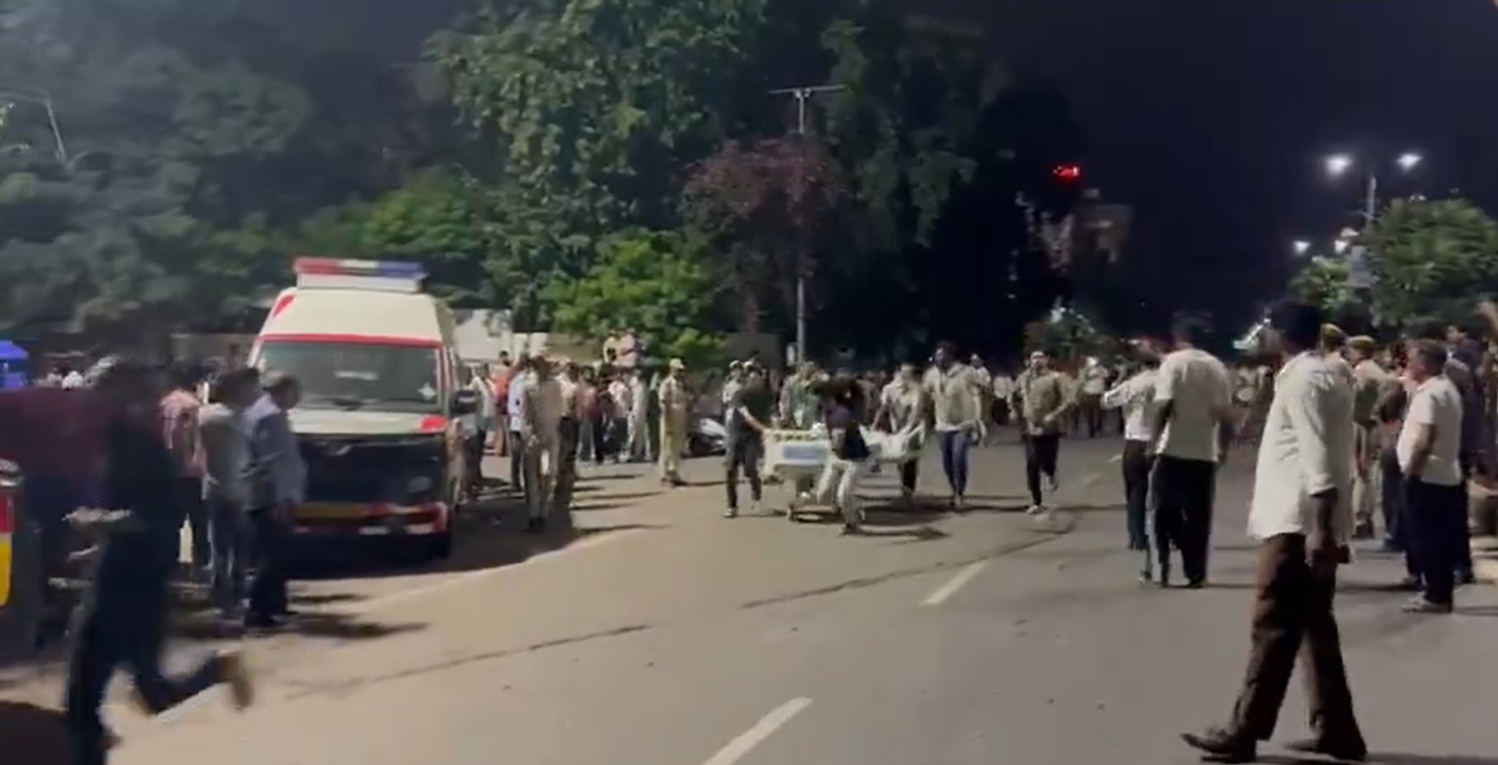
While rescue workers keep clearing the rubble, Jaipur is grieving its dead. What is left now is the imperative of reform — a reform that guarantees hospitals are actually places of safety for healing, not possible killing zones. The coming weeks will tell if the government keeps its word or this also becomes an extinct tragedy.
For the bereaved families, justice will not be served by compensation only, but by punishing negligent institutions and making sure that no one else falls victim to the same ordeal.
With inputs from agencies
Image Source: Multiple agencies
© Copyright 2025. All Rights Reserved. Powered by Vygr Media.

